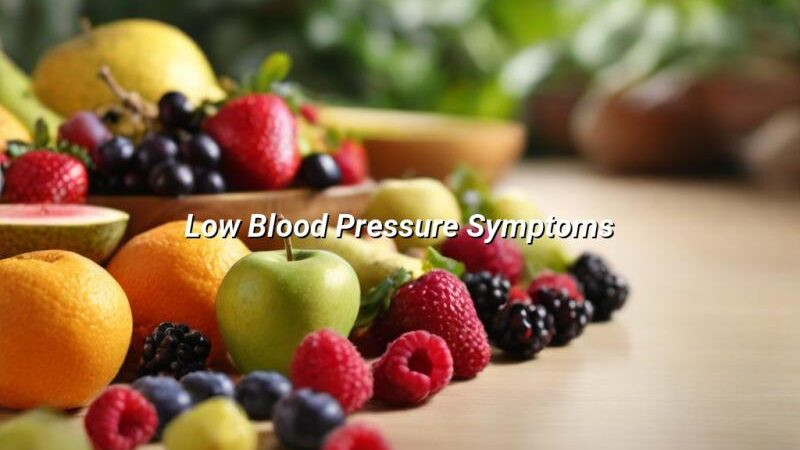Health Benefits Of Alcohol

The Surprising Health Benefits of Moderate Alcohol Consumption
Welcome to the wonderful world of moderate alcohol consumption! We know that drinking too much can be bad for your health, but did you know that drinking in moderation can actually have some surprising health benefits? Let’s take a look at some of the ways that moderate alcohol consumption can be beneficial to your health.
1. Reduced Risk of Heart Disease
Studies have shown that moderate alcohol consumption can reduce your risk of developing heart disease. This is because alcohol can help raise your good cholesterol levels and reduce the risk of blood clots. However, it’s important to note that this benefit only applies to moderate drinking. Drinking too much can actually increase your risk of heart disease.
2. Improved Cognitive Function
Moderate alcohol consumption has been linked to improved cognitive function. Studies have shown that moderate drinking can help improve your memory and thinking skills. This is because alcohol can help improve the connections between neurons in the brain.
3. Reduced Risk of Diabetes
Moderate alcohol consumption has also been linked to a reduced risk of developing type 2 diabetes. This is because alcohol can help improve your body’s sensitivity to insulin, which helps regulate your blood sugar levels.
4. Improved Mood
Moderate drinking can also help improve your mood. This is because alcohol can help increase the levels of serotonin and dopamine in the brain, which are the chemicals responsible for making us feel happy and relaxed.
These are just a few of the surprising health benefits of moderate alcohol consumption. Of course, it’s important to remember that drinking too much can be dangerous and should be avoided. But if you do choose to drink, make sure to do so in moderation. Cheers!
How Alcohol Can Help Lower Your Risk of Heart Disease
If you’re looking for ways to lower your risk of heart disease, you may be surprised to learn that alcohol can actually help. While it’s important to remember that drinking too much can be dangerous, moderate alcohol consumption can have some positive effects on your heart health.
First, moderate drinking can help raise your levels of “good” cholesterol, or HDL. This type of cholesterol helps remove plaque from your arteries, which can reduce your risk of heart disease. Moderate drinking can also help reduce the risk of blood clots, which can lead to heart attack and stroke.
It’s important to note that moderate drinking is key. The American Heart Association recommends no more than two drinks per day for men and one drink per day for women. A drink is considered to be 12 ounces of beer, 5 ounces of wine, or 1.5 ounces of hard liquor.
It’s also important to remember that alcohol isn’t a substitute for a healthy lifestyle. Eating a balanced diet, exercising regularly, and not smoking are all important steps to take to reduce your risk of heart disease.
If you’re considering adding alcohol to your diet, it’s important to talk to your doctor first. They can help you determine if moderate drinking is right for you and provide advice on how to do it safely.
The Role of Alcohol in Reducing Stress and Anxiety
We all know that alcohol can be a great way to relax and unwind after a long day. But did you know that it can also be an effective way to reduce stress and anxiety?
Alcohol is a depressant, meaning it can slow down the body’s central nervous system and reduce feelings of stress and anxiety. It can also help to reduce inhibitions, making it easier to talk about difficult topics or express emotions.
However, it’s important to remember that alcohol is a drug and should be used in moderation. Drinking too much can lead to increased stress and anxiety, as well as other health problems.
If you’re looking for a way to reduce stress and anxiety, it’s important to find a healthy balance between drinking and other activities. Exercise, meditation, and talking to friends and family can all be great ways to reduce stress and anxiety.
If you do choose to drink, it’s important to remember to drink responsibly. Stick to the recommended guidelines of no more than two drinks per day for men and one drink per day for women.
At the end of the day, it’s important to remember that alcohol can be a great way to relax and unwind, but it should never be used as a crutch to cope with stress and anxiety. Finding healthy ways to manage stress and anxiety is the best way to ensure your mental health and wellbeing.
The Role of Alcohol in Improving Cognitive Function
Alcohol has long been associated with cognitive impairment, but recent research suggests that it may also have a positive effect on cognitive function. While it’s important to note that drinking too much can lead to serious health problems, moderate consumption of alcohol may actually improve cognitive performance.
So, how does alcohol affect cognitive function? Studies have shown that moderate drinking can improve memory, reaction time, and problem-solving skills. It can also help reduce stress and anxiety, which can lead to improved concentration and focus.
Alcohol can also help improve creativity. Studies have found that moderate drinking can lead to increased creativity and improved problem-solving skills. This is likely due to the fact that alcohol can reduce inhibitions and allow people to think more freely.
It’s important to note that the effects of alcohol on cognitive function vary from person to person. Some people may find that drinking too much can lead to impaired cognitive performance, while others may find that moderate drinking can improve their cognitive performance.
It’s also important to remember that alcohol should always be consumed in moderation. Drinking too much can lead to serious health problems, including liver damage and increased risk of certain cancers. It’s also important to note that alcohol can interact with certain medications, so it’s important to talk to your doctor before drinking if you’re taking any medications.
Overall, moderate drinking may have a positive effect on cognitive function. However, it’s important to remember that drinking too much can lead to serious health problems. If you’re going to drink, make sure to do so in moderation and always talk to your doctor before consuming alcohol if you’re taking any medications.
The Role of Alcohol in Boosting Immunity and Preventing Illness
Alcohol has been a part of human culture for centuries, and it’s no surprise that it has been linked to a variety of health benefits. Recent research has suggested that moderate alcohol consumption can help boost immunity and prevent illness.
It’s important to note that this doesn’t mean you should start drinking if you don’t already. Alcohol should always be consumed in moderation, and it’s important to remember that too much can be dangerous. But if you do choose to drink, there are some potential benefits.
One of the most important ways that alcohol can help boost immunity is by increasing the production of certain immune cells. Studies have shown that moderate alcohol consumption can increase the production of white blood cells, which are essential for fighting off infection.
Alcohol can also help reduce inflammation, which is a major factor in many illnesses. Studies have shown that moderate alcohol consumption can reduce inflammation in the body, which can help prevent illness.
Finally, alcohol can help reduce stress, which is another major factor in many illnesses. Studies have shown that moderate alcohol consumption can reduce stress levels, which can help prevent illness.
It’s important to remember that these benefits are only seen with moderate alcohol consumption. Too much alcohol can have the opposite effect, and can actually weaken your immune system. So if you do choose to drink, make sure to do so in moderation.
Overall, moderate alcohol consumption can help boost immunity and prevent illness. But it’s important to remember that too much can be dangerous, so make sure to drink responsibly.





